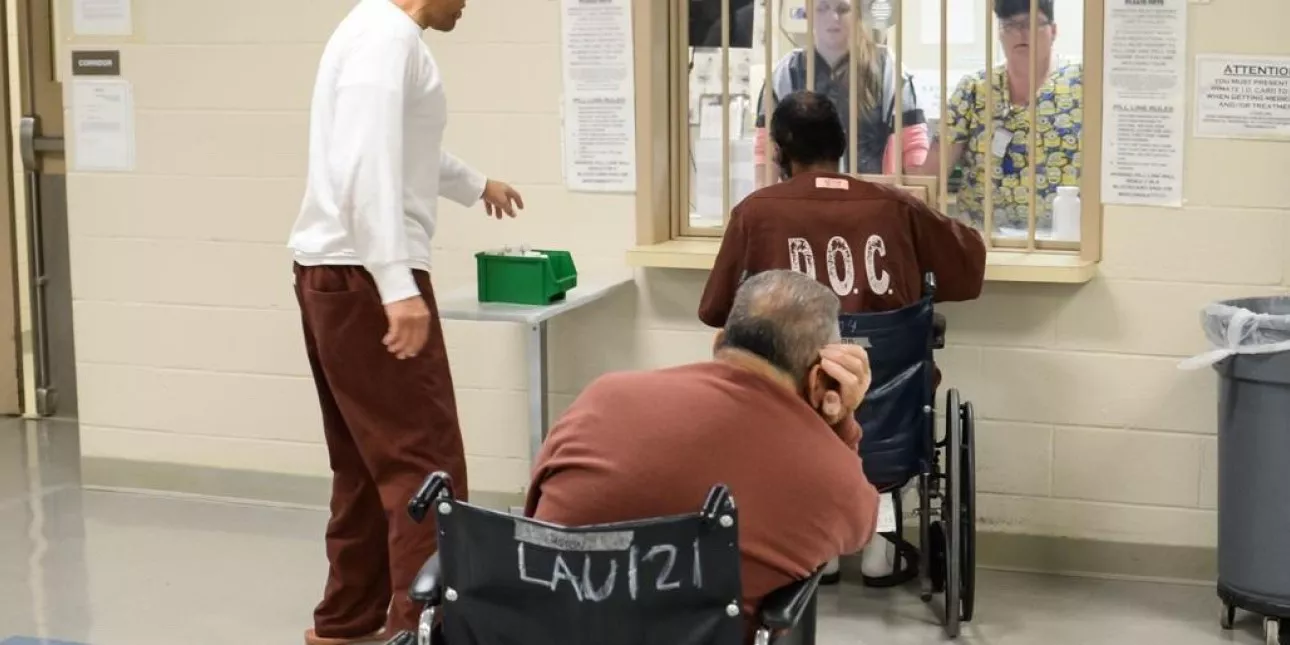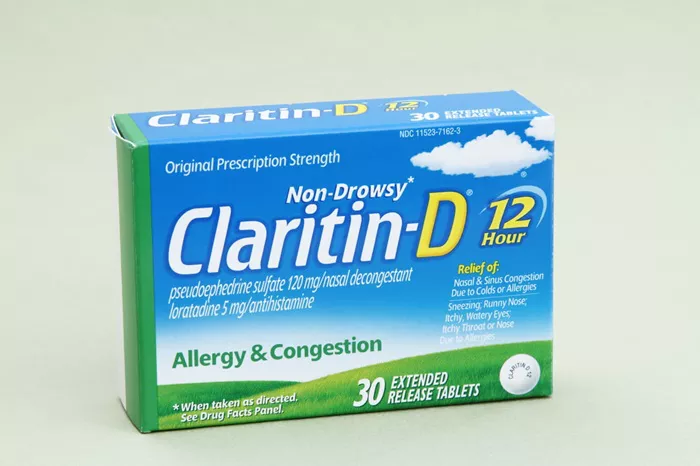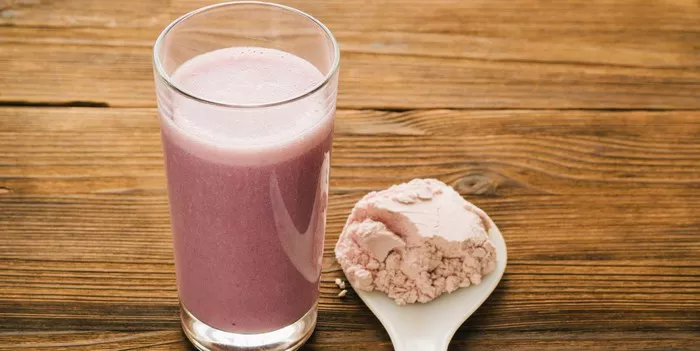Incarcerating individuals with mental illness poses significant challenges to both the individuals and the criminal justice system. The prison environment is often ill-equipped to address the unique needs of those with mental health conditions, leading to a range of adverse outcomes. This article examines the myriad problems that arise from incarcerating people with mental illness, highlighting issues related to mental health care, the exacerbation of symptoms, human rights concerns, and the broader societal impact.
Prevalence of Mental Illness in the Criminal Justice System
High Rates of Mental Illness Among Inmates
Studies consistently show that individuals with mental illnesses are overrepresented in the criminal justice system. According to the Bureau of Justice Statistics, approximately 37% of inmates in state and federal prisons and 44% of those in local jails have a history of mental illness, compared to about 18% of the general adult population. This disproportionate representation highlights systemic issues in the way society addresses mental health and criminal behavior.
Contributing Factors
Several factors contribute to the high prevalence of mental illness among incarcerated populations:
Inadequate Mental Health Care: Many individuals with mental illnesses do not receive adequate care and support in the community, leading to crises that result in encounters with law enforcement.
Criminalization of Mental Illness: Behaviors associated with untreated mental illness, such as public disturbances or substance abuse, often result in arrest and incarceration rather than treatment.
Poverty and Homelessness: People with mental illnesses are more likely to experience poverty and homelessness, increasing their likelihood of engaging in behaviors that attract police attention.
Inadequate Mental Health Care in Prisons
Lack of Proper Diagnosis and Treatment
One of the most significant issues in incarcerating individuals with mental illness is the lack of proper diagnosis and treatment within the prison system. Many prisons and jails lack the resources and trained personnel to provide comprehensive mental health care. This leads to undiagnosed or misdiagnosed conditions, inadequate treatment plans, and insufficient access to necessary medications.
Barriers to Accessing Care
Incarcerated individuals with mental illness face numerous barriers to accessing mental health care, including:
Shortage of Mental Health Professionals: Many correctional facilities are understaffed, with a limited number of psychiatrists, psychologists, and counselors available to address the mental health needs of inmates.
Stigma and Discrimination: Stigma surrounding mental illness can prevent inmates from seeking help. Correctional staff may also lack training in recognizing and responding to mental health issues.
Isolation and Segregation: Inmates with mental illnesses are often placed in solitary confinement or other forms of segregation, which can exacerbate their conditions and limit access to mental health services.
Inadequate Treatment and Medication Management
Even when mental health care is available, the quality and continuity of care are often inadequate. Issues include:
Inconsistent Medication: Interruptions in medication can occur during intake, transfer, or due to logistical challenges within the facility. Inconsistent access to medication can lead to a deterioration in mental health.
Lack of Therapy and Counseling: Prisons typically offer limited opportunities for therapy and counseling, which are essential components of comprehensive mental health care.
Non-Therapeutic Environment: The prison environment itself is not conducive to mental health treatment. The stress, lack of privacy, and potential for violence can all worsen mental health conditions.
Exacerbation of Mental Health Symptoms
Impact of the Prison Environment
The prison environment can be highly detrimental to individuals with mental illness. Factors that contribute to the worsening of mental health symptoms include:
Stress and Trauma: The prison environment is inherently stressful, with high levels of noise, violence, and unpredictability. This can trigger or exacerbate symptoms of anxiety, depression, and post-traumatic stress disorder (PTSD).
Isolation and Loneliness: Solitary confinement and other forms of isolation are particularly harmful to individuals with mental illness. Extended periods of isolation can lead to severe psychological distress, hallucinations, and suicidal ideation.
Lack of Social Support: Incarcerated individuals are cut off from their social support networks, including family, friends, and mental health professionals. This isolation can impede recovery and worsen symptoms.
Behavioral Consequences
The stress and lack of appropriate mental health care can lead to behavioral issues among inmates with mental illness, including:
Self-Harm and Suicide: Rates of self-harm and suicide are significantly higher among inmates with mental illness compared to the general inmate population. The lack of adequate mental health care and the stressful prison environment contribute to this increased risk.
Aggression and Violence: Untreated or poorly managed mental health conditions can result in aggressive or violent behavior, leading to disciplinary action and further isolation. This creates a vicious cycle where mental health deteriorates further.
Non-Compliance with Rules: Symptoms of mental illness, such as confusion or paranoia, can lead to non-compliance with prison rules. This often results in disciplinary measures rather than appropriate mental health interventions.
Human Rights and Ethical Concerns
Violation of Human Rights
Incarcerating individuals with mental illness raises significant human rights concerns. The United Nations has recognized the need for special protections for prisoners with mental health conditions, yet these protections are often inadequately implemented. Key human rights issues include:
Inhumane Treatment: Placing individuals with mental illness in solitary confinement or denying them adequate medical care can constitute inhumane and degrading treatment.
Right to Health Care: Incarcerated individuals have the right to receive appropriate health care, including mental health care. Failure to provide such care violates their rights.
Ethical Concerns
Ethically, incarcerating individuals with mental illness presents numerous dilemmas:
Duty of Care: Correctional facilities have a duty to care for the health and well-being of inmates. Failing to provide adequate mental health care breaches this duty.
Justice and Fairness: Many individuals with mental illness end up in the criminal justice system due to behaviors directly related to their conditions. Ethical considerations demand that these individuals receive treatment rather than punishment.
Societal Impact
Costs to the Criminal Justice System
Incarcerating individuals with mental illness imposes significant financial costs on the criminal justice system. These costs include:
Increased Healthcare Costs: Providing even minimal mental health care within prisons is expensive. The need for specialized care, medications, and crisis interventions adds to these costs.
Extended Incarceration: Individuals with mental illness often have longer stays in jail or prison due to behavioral issues and lack of appropriate treatment, increasing the overall cost of incarceration.
Impact on Public Safety
Failing to adequately address the mental health needs of incarcerated individuals has broader implications for public safety:
Recidivism: Without proper treatment and support, individuals with mental illness are more likely to reoffend after release. Providing mental health care can reduce recidivism rates and improve community safety.
Community Reintegration: Effective mental health treatment in prison can better prepare individuals for reintegration into society, reducing the likelihood of homelessness and further criminal behavior.
Social and Economic Costs
The societal impact of incarcerating individuals with mental illness extends beyond the criminal justice system:
Family Disruption: Incarceration disrupts families, leading to emotional and financial strain. This impact is exacerbated when a family member has a mental illness.
Economic Impact: The broader economic impact includes lost productivity and increased reliance on social services. Addressing mental health needs can reduce these economic burdens.
Alternative Approaches
Diversion Programs
Diversion programs aim to redirect individuals with mental illness away from the criminal justice system and into appropriate treatment:
Mental Health Courts: These specialized courts focus on providing treatment and support rather than punishment. Participants receive comprehensive mental health care and case management.
Crisis Intervention Teams (CITs): CITs train law enforcement officers to recognize and respond to mental health crises, reducing the likelihood of arrest and incarceration.
Community-Based Treatment
Investing in community-based mental health services can prevent the criminalization of mental illness:
Access to Care: Increasing access to mental health care, including crisis intervention services, can prevent interactions with the criminal justice system.
Supportive Housing: Providing stable housing for individuals with mental illness can reduce homelessness and associated criminal behavior.
Rehabilitation and Reentry Programs
For those already incarcerated, rehabilitation and reentry programs are crucial:
Comprehensive Mental Health Care: Providing adequate mental health care within correctional facilities can improve outcomes and reduce recidivism.
Reentry Support: Programs that support individuals as they transition from prison to the community, including mental health services, housing, and employment support, can enhance successful reintegration.
Conclusion
Incarcerating individuals with mental illness leads to numerous problems, including inadequate mental health care, exacerbation of symptoms, human rights violations, and significant societal costs. Addressing these issues requires a multifaceted approach that includes diversion programs, community-based treatment, and comprehensive care within correctional facilities. By prioritizing mental health treatment over incarceration, society can better support individuals with mental illness, improve public safety, and reduce the economic and social costs associated with the current approach.
[inline_related_posts title=”You Might Be Interested In” title_align=”left” style=”list” number=”6″ align=”none” ids=”9315,9247,9239″ by=”categories” orderby=”rand” order=”DESC” hide_thumb=”no” thumb_right=”no” views=”no” date=”yes” grid_columns=”2″ post_type=”” tax=””]































